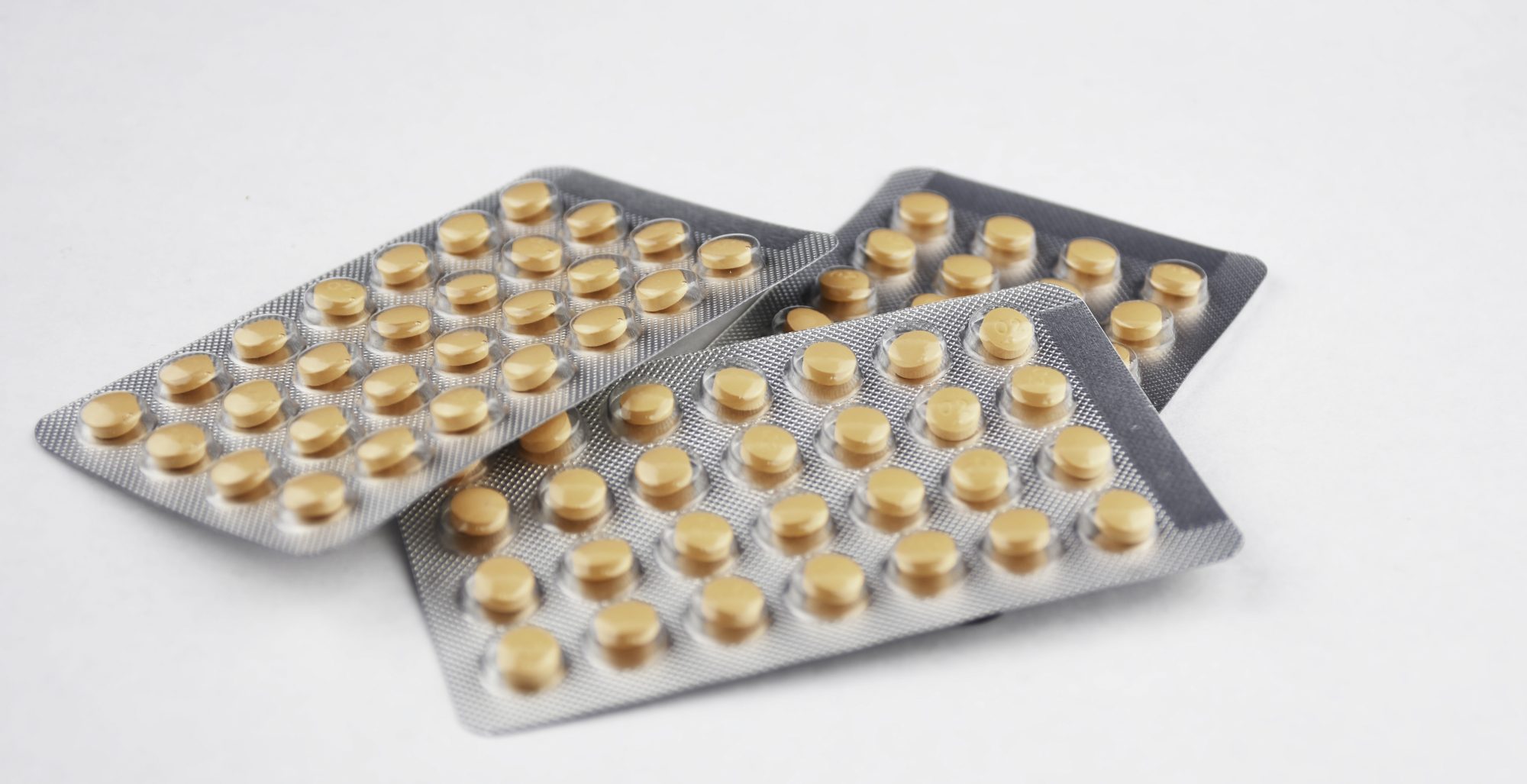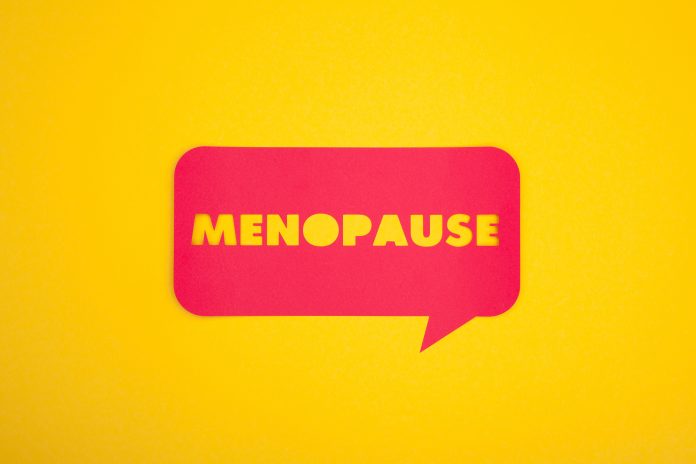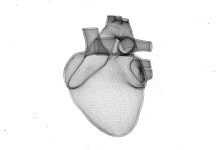Here, menopause expert Dr Deborah Lee explains the relation between BMI, hormones, menopause and weight gain, which many going through menopause don’t really understand
If I had a pound for every woman in the menopause clinic who has told me that menopause made her put on weight, I’d be a millionaire! In fact, if menopause does cause weight gain, the effect is very small. Please read on, and I will explain
What do we mean by menopause?
The menopause is the date of the last menstrual period. The average age is 51, but there is a wide variation, between the ages of 45 and 55. Many women are unaware that up to ten years before the final period, the levels of their reproductive hormone levels are undergoing a dramatic change. Levels of follicle-stimulating hormone (FSH) increase, at the same time as levels of estrogen decline. In the two years before the last period, estrogen levels fall to around 90% less than their premenopausal values.
How do hormonal changes and menopause affect weight?
Yes, these hormonal changes seem to have some effect on body weight, but the effect is small. They cause a small increase in appetite, as well as a reduction in your energy levels, and overall, this tends to culminate in reduced physical fitness. Because of this, a small amount of weight gain is likely to take place. But – and I need to stress this – the effect is small, because women tend to gain weight as they age anyway. Why? – because in females, the metabolic rate slows by 10% for every decade of life from the age of 20.
During the perimenopausal transition, women gain an average of 4.5lb (2.25kg) over 3 years. But this rate of weight gain is very much the same as the 1.5lb (0.7 kg) of weight gained each year in their 5th and 6th decade of life, which is normally experienced by post-menopausal women.
Menopause reduces lean body mass
As menopause approaches, women also experience a small reduction in lean body mass, due to an age-related loss of muscle.
When you do the maths – a small weight gain, minus a small muscle loss – this means the net overall effect on weight should be negligible.
Women experience a change in body shape
What is certainly true, is that women often notice a change in their body shape during the menopausal transition. Fat is stored in the body at peripheral sites, but also inside the abdomen, where it surrounds the internal organs as a kind of thick blanket. This visceral fat is dangerous for health, as it is highly metabolically active. It produces hormones, and chemical messengers, and is a site of harmful, chronic inflammation.
During menopause, there is a natural change in the amount of visceral fat deposited. In premenopausal women, visceral fat makes up 5-8% of total body fat, but after menopause, this increases up to 11-20%. As a consequence, women often notice they become more apple-shaped than pear-shaped.
The verdict
So, here’s the verdict. The truth is that the cumulative result of all of these changes leads women erroneously to think that menopause has made them gain a significant amount of weight. In fact, a very small weight gain, and a natural redistribution of body fat is a normal part of the ageing process.
Unfortunately, and here’s the difficulty, if women are already obese when they start to go through the menopausal transition, they tend to have worse menopausal symptoms.
Can women avoid weight gain at menopause?
Yes – they can.
In the 2003 Healthy Women’s Lifestyle Project, 535 premenopausal; women aged 44-50 were recruited. They were randomised into 2 groups – an intervention group who received diet and lifestyle advice and were set a target to lose a small amount of weight (5-15 pounds), in an effort to prevent menopausal weight gain by the end of the 5-year trial. The other group received general advice only. The intervention group were asked to eat 1300 calories a day and expend 1000 – 1500 calories per week doing exercise.
After 4.5 years, 55% of the intervention group were at or below their target weight, as compared to 26% of the control group, and the difference was statistically significant. On average, the intervention group were 0.1 Kg above their starting weight, whereas the control group had an average of a 2.4 kg increase. The intervention group also had a significant reduction in waist circumference and was more physically active than the control group.
Experts believe that one of the key issues about menopause and weight gain is that so many women are obese when they start their journey through the menopausal transition.
Does HRT cause weight gain?
No – it doesn’t. A Cochrane 2000 data review of 22 published medical studies found no association between the use of HRT – either estrogen-only or combined HRT – on weight gain.

Does HRT help you lose weight?
Perhaps.
In a recent, 2021 review of the risks and benefits of HRT, the authors reviewed the current medical literature, and concluded HRT to be ‘weight neutral.’ They did comment that HRT is effective in shifting visceral fat. In randomised controlled trials, the HRT groups consistently showed small waist circumference and reduced abdominal fat.
Estrogen also improves blood glucose levels, lowers insulin resistance, and reduces the risk of type-2 diabetes. It also has favourable effects on blood lipids, increasing HDL ‘good’ cholesterol, and lowering LDL ‘bad’ cholesterol.
How to lose weight at and after menopause?
There is no magic wand. You will lose weight if you take in fewer calories than the amount of energy you expend during the day. To lose weight you need to eat less and move more.
Research has shown that rapid weight loss gives a better chance of reaching your target weight. In one 2014 study, 78,4% of those on a very low-calorie diet achieved their 15% weight loss goal, as opposed to 52.4% in the gradual weight loss group. The rate of weight loss did not affect how quickly any weight was regained.
Very low-calorie diets are liquid meal replacement diets that are recommended by the NHS.
Final thoughts on menopause and weight gain
I think it’s all too easy to blame weight gain at menopause on hormone chnages and give in to temptation. In truth, if you understand the picture, you can see that any changes in hormone levels before and after menopause, play only a small part in the natural process of gaining weight as we grow older. We all need to fight back and increase the amount of physical exercise, to try and counteract the slowing down of the metabolic rate.
The sad thing is to be afraid to take HRT, which may actually be part of the solution. HRT is the best way to relieve menopausal symptoms and may also have metabolic benefits for your weight and your health.
Why not discuss how you can lose weight with your doctor?
Further Reading
- https://www.piedmont.org/living-better/why-metabolism-slows-as-you-age#:~:text=It’s%20not%20your%20imagination.,body%20uses%20to%20maintain%20itself.
- https://pubmed.ncbi.nlm.nih.gov/10094089/
- https://pubmed.ncbi.nlm.nih.gov/1985614/
- https://pubmed.ncbi.nlm.nih.gov/14644697/
- https://pubmed.ncbi.nlm.nih.gov/10796730/
- https://www.frontiersin.org/articles/10.3389/fendo.2021.564781/full
- https://pubmed.ncbi.nlm.nih.gov/25459211/
This piece was written and provided by Dr Deborah Lee, Dr Fox Online Pharmacy











